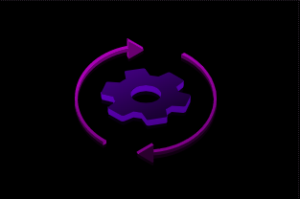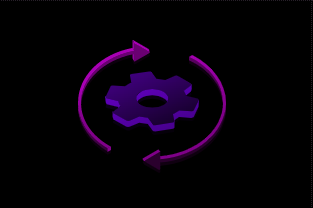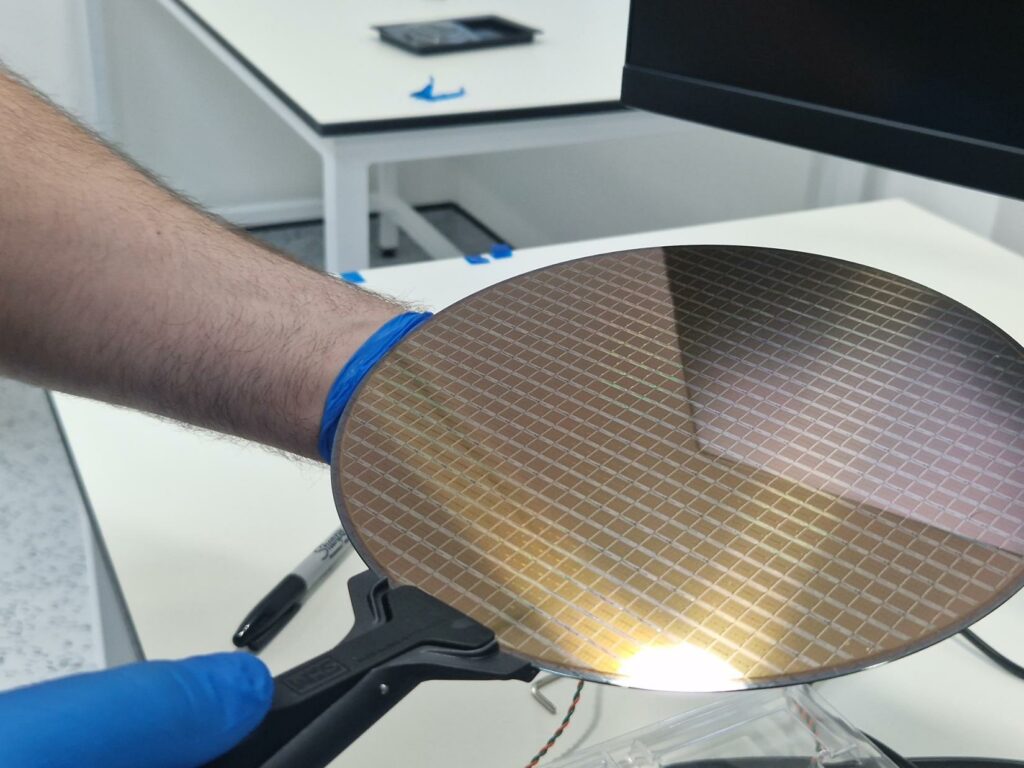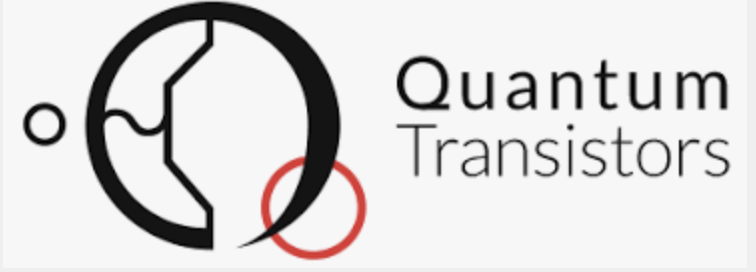
PRESS RELEASE – Q-CTRL, a global leader in developing useful quantum technologies, today announced the results of hardware benchmarking experiments demonstrating its autonomous error-correction techniques increased the likelihood of quantum computing algorithm success over 1000x on real hardware, surpassing a 25x improvement reported last November.
With these exceptional improvements, Q-CTRL is closing the performance gap between the promise of the growing quantum computers emerging on the market and the actual computational capabilities they deliver to end users.
Q-CTRL will unveil the technology behind these demonstrations at this year’s APS March Meeting, the world’s largest physics conference, in Chicago, March 14-18. The underlying software tools for hardware stabilization, error reduction, and automation are available to quantum computing researchers and developers through Q-CTRL’s technology including its flagship product, Boulder Opal.
Currently, most quantum computers are so error prone that only the shortest and simplest algorithms can be run; this challenge has inhibited the delivery of useful quantum computations to end users.
Through its research activities, Q-CTRL identified pathways to use AI and automation to dramatically improve not only the errors plaguing isolated quantum logic elements (the building blocks of quantum application), but also those appearing only in the execution of complete algorithms.

Q-CTRL measured how its software tools could improve important industry metrics when executed on real hardware, including algorithmic benchmarks as pursued by the U.S. Quantum Economic Development Consortium (QED-C). The team showed that they could achieve up to 9000x improvements in the success of these benchmarks and deliver real utility gains in customer algorithms, such as those from the researchers at European quantum startup BEIT who were early users of Q-CTRL’s technology.
“BEIT has been pushing the limits on quantum algorithms but has faced the same barriers as everyone else in hardware performance,” said Paulina Mazurek, CEO of BEIT. “We were impressed by how Q-CTRL has opened totally new frontiers in our research and is bringing quantum advantage closer, enabling results better than classically possible for one of the cornerstone quantum algorithms. In some cases this software fundamentally transformed hardware, allowing results deemed impossible by previous benchmarks.”
Q-CTRL’s results were achieved entirely through conventional cloud access to commercial quantum computers, with no special access to hardware required. This proves these capabilities can be delivered to any user with an internet connection and a desire to achieve more from today’s quantum computers.
“Our benchmarking experiments demonstrate that there’s hidden performance inside today’s quantum computers that can become available with the right error-correcting software tools – no changes to hardware are needed,” said Q-CTRL founder and CEO Professor Michael J. Biercuk. “We’re excited to offer this technology to researchers, end users, and manufacturers worldwide to accelerate the path to quantum advantage and bring real-world applications closer to fruition.”
To learn more about Q-CTRL, visit q-ctrl.com.
If you found this article to be informative, you can explore more current quantum news here, exclusives, interviews, and podcasts.




















